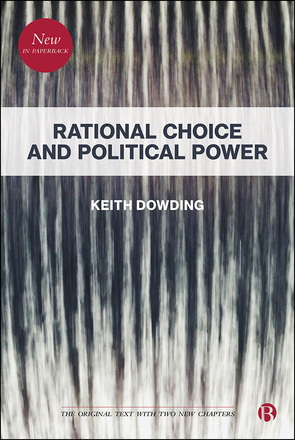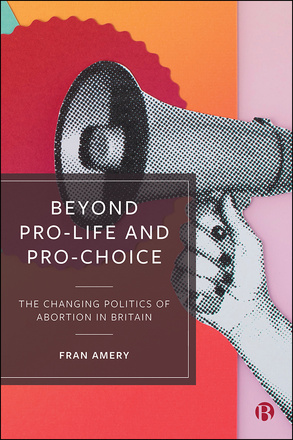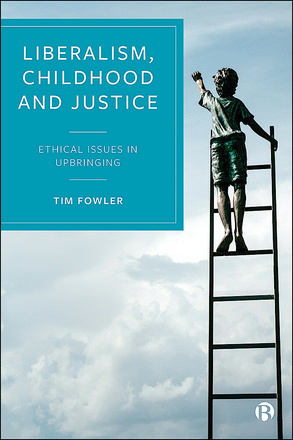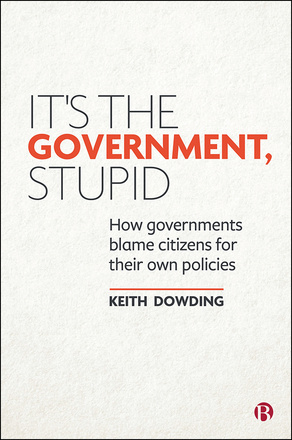Political Theory
Challenging governance theory
From networks to hegemony
This topical book takes a critical look at contemporary governance theory, arguing that there are structural impediments to achieving an ideology of networks and reconsidering it from Marxist and Gramscian perspectives.
Back to the Future of Socialism
Anthony Crosland’s The Future of Socialism (1956) provided a creed for governments of the centre left. Now Peter Hain revisits this classic text and presents a stimulating political prospectus for today. It should be read by everyone interested in the future of the left.
Back to the Future of Socialism
Anthony Crosland’s The Future of Socialism (1956) provided a creed for governments of the centre left. Now Peter Hain revisits this classic text and presents a stimulating political prospectus for today. It should be read by everyone interested in the future of the left.
Rebuilding Social Democracy
Core Principles for the Centre Left
Reclaiming Social Democracy is the first major reappraisal of social democracy on the centre-left since the election of Jeremy Corbyn. With a foreword by Lord Hain, it examines its foundational principles and identifies the values needed to find a route back to political credibility for Labour.
What Kind of Democracy Is This?
Politics in a Changing World
Has there ever been a period in modern history when democratic politics seemed more unpredictable or unruly? Matthew Flinders ranges expertly across architecture, art, fell running and fairy tales in an attempt to understand the emerging democratic landscape. This refreshing and stimulating book seeks to provoke and inform in equal measure.
How Language Works in Politics
The Impact of Vague Legislation on Policy
Using analysis from machine readings of all legislation enacted between 1900 and 2015, this book discusses the social impact of increasingly elastic legislative language on the contemporary workings of the British constitution.
Rational Choice and Political Power
First time published in paperback and online and featuring a new Introduction and two new chapters this classic text explains how collective action problems underlie power inequalities and extensively engages with a body of new literature.
Beyond Pro-life and Pro-choice
The Changing Politics of Abortion in Britain
Tracing the evolution of political discourse on abortion from the 1960s to today, this interdisciplinary book argues that in order to understand the changing pluralities of contemporary abortion debate, it is necessary to move beyond an understanding of abortion politics as characterised by ‘pro-choice’ and ‘pro-life’.
Liberalism, Childhood and Justice
Ethical Issues in Upbringing
Fowler provides an innovative critical exploration of ethical issues in children’s upbringing through the lens of political philosophy, calling for a radical new understanding of what constitutes wellbeing, the duties of parents and the collective obligations of state and society in guaranteeing children flourishing lives.
The New Technocracy
Setting a new benchmark for studies of technocracy, this book shows that a solution to the challenge of populism will depend as much on a technocratic retreat as democratic innovation.
Cultural Sexism
The politics of feminist rage in the #metoo era
Savigny examines how the prevalence of sexism and misogyny across the media, entertainment and cultural industries keeps sexist values firmly within popular consciousness. She traces the development of key feminist thinking and explores what we can do next after the #MeToo era.
It’s the Government, Stupid
How Governments Blame Citizens for Their Own Policies
Governments conveniently blame social problems on their citizens, placing too much emphasis on personal responsibility. This book shows that ‘nudging’ citizens to better behaviour simply isn’t good enough and explains why we should hold our politicians responsible for social problems.


















